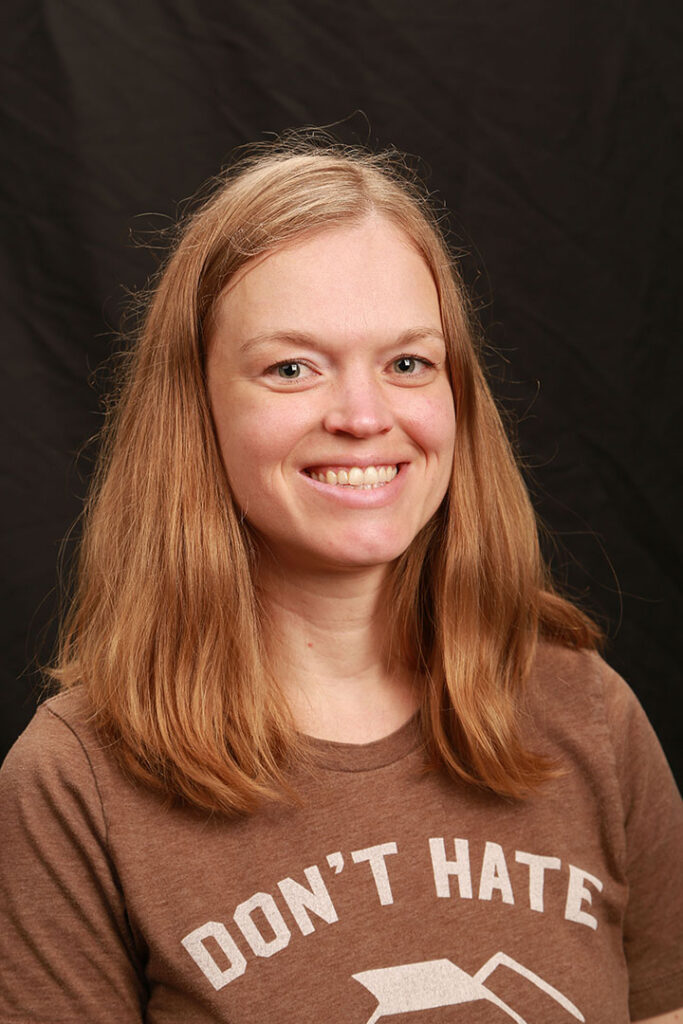Combating the patriarchy


Growing up in Utah, I always said “you guys” when referring to groups of people. It didn’t matter if they were all male, all female or a mixed group. When I was about 11, it started to bother me. “Guys” were men, and it felt like the phrase was excluding women. The people around me didn’t think so, but that didn’t change my feelings. I knew a simple “you” would work for the plural, but it felt awkward and the people around me didn’t respond to it.
When my husband was active-duty military, we lived in the Southern United States for close to 10 years. I appreciated their use of “y’all” and tried to pick it up to replace “you guys.” It was terribly awkward at first. I couldn’t really get “y’all” out the way the locals did. I started with a clunky “you all.” Friends always laughed at me and said, “why are you saying ‘you all?’ You sound so weird!” I finally managed to get it all out in one mashed word, but I still sounded strange with my native Utahn dialect.
I moved back to Utah six months ago. I recently called the bank and asked, “Do y’all have a notary?” This was followed by an awkward silence. The teller answered, “Yes?” as if she was unsure of what I had asked. When I use “y’all” in Utah, people get stiff and look at me strange.
That same day, I called downstairs to my daughter and son. “Hey guys, it’s time for dinner.” They were somewhat startled by my shift from “y’all” to “you guys.” It is obvious I am regressing to my native linguistic habits. It’s going to take more conscious effort to rid “you guys” from my vocabulary.
Alice Walker is a Black feminist, social activist and author of The Color Purple. In a video titled “Fear of Being Feminine,” she talks about the dangers of women using “you guys” to refer to other women. She says it’s like “erasing yourself daily, minute by minute.”
She says that even if you bring the use of this term to a woman’s attention, she won’t be able to change the habit. “The programming of erasing what is feminine, what is female, is very strong and women have not gathered themselves together to really fight it,” Walker said. The implications of using this term are serious. Not only are we erasing women, but non-binary folks as well. I feel an urgency to forever rid myself of this phrase.
Many professors use “folks” while talking to students. I like this option and am trying to use it more. I don’t like it for a group of two people. “Hey folks, it’s time for dinner” feels out of place when talking to my two children. I’m trying to make “you both” and “you two” work when speaking to them together.
As someone who strives to be inclusive and respectful, it is important for me to be conscious of my vocabulary choices. There have been times in my life when I have experienced gender dysphoria when I felt genderless or non-binary. I understand how others unconsciously forcing a binary on me feels wrong. Even though I understand and deeply care about this topic, it takes a lot of effort to keep conscious word choice in mind.
The effort is well worth it. It aligns with my core values and it is a subtle way to combat the patriarchy. It’s also important to keep in mind as a mother. I don’t want my oral or written language choices to exclude anyone, including my own children. As professionals-in-training, I think it’s important for students to keep this issue in mind.




